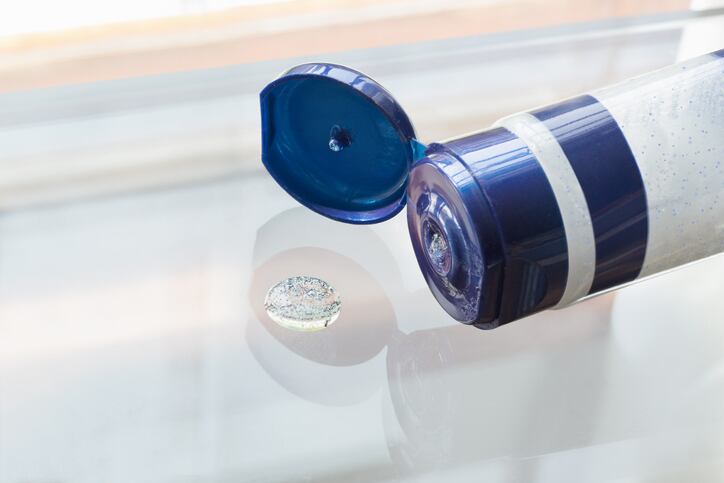Writing in the International Journal of Biological Macromolecules, a team from South Korea’s Chungnam National University investigated the possibility of developing novel, environmentally-friendly alternatives to polymer microbeads for use in cosmetic products.
Marine pollution and microbead bans
“The worldwide pollution of the marine ecosystem by microplastics urgently demands novel environment-friendly microbeads,” the researchers wrote.
Certain countries had also recently banned use of non-biodegradable microbeads, adding pressure to find alternatives, they said.
Earlier this year, the European Chemicals Agency (ECHA) released assessment findings that showed microbeads also polluted the terrestrial environment and freshwater because of wastewater treatment methods and farming practices.
The researchers said current scientific studies to find microbead alternatives were focused on a range of biodegradable materials, including almond, oatmeal, coconut shells and fruit seeds. Certain natural polymers like alginate, starch, cellulose and chitin were also being investigated.
Calcium alginate rapidly degrades
For this study, the researchers said calcium alginate microbeads had been fabricated through electrospraying an aqueous alginate solution into distilled water containing calcium ions. This process, they said, enabled full control over the size and shape of the resulting microbeads and large quantities to be made easily.
Tests showed the Ca-alginate microbeads easily absorbed water molecules, demonstrating abrupt swelling in distilled water to about 160% within six hours. Importantly, the microbeads “rapidly degraded” in seawater due to the reversible ion-exchange reaction between Ca2+ in the microbeads and Na+ in sea water. The Ca-alginate microbeads started fracturing into small pieces after 48 hours with significant weight loss of the beads achieved after one week and total weight loss in 28 days.
“This behaviour demonstrated that the alginate microbeads have great potential for environment-friendly cosmetic additives,” the researchers wrote.
Source: International Journal of Biological Macromolecules
Published online ahead of print, doi: 10.1016/j.ijbiomac.2019.04.058
Title: “Electrospraying of environmentally sustainable alginate microbeads for cosmetic additives”
Authors: SB. Bae, HC. Nam and WH. Park

